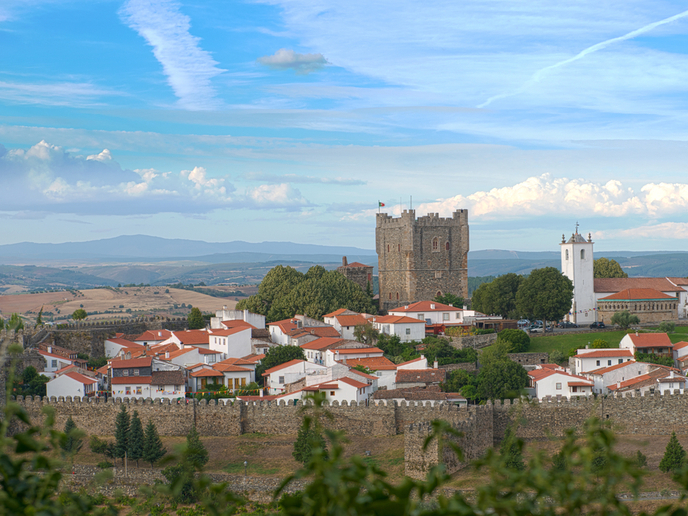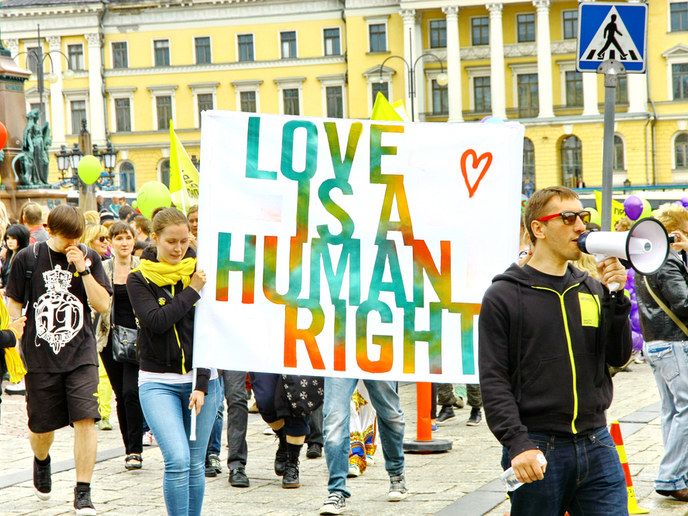Implications of immigration and social movements
To learn about the dynamics of pro- and anti-immigrant movements, the EU-funded project MCM DYNAMICS (The dynamics of pro- and anti-immigrant movements in Italy and Spain) turned to the Spanish province of Catalonia for answers. Project members studied local opposition to new mosques in Catalonia where some of Spain's most vigorous anti-mosque campaigns have been organised by local community groups. In Catalonia's industrial city of Badalona, for instance, even proposals to establish a new mosque have ignited heated confrontations between anti-immigrant groups and local antiracist and Muslim community organisations. The aim of the MCM DYNAMICS project was to explore social movement-countermovement mobilisation. The project's goals were to learn how each side influences the other side's tactics and to gain new insight into the polarisation of public opinion on issues related to immigration. One of the project's main findings suggests that those opposing mosques are not exclusively or even entirely guided by Islamophobia or fear of Muslims and Islam. Instead, they are more concerned about issues concerning space, identity and faith. It appears both sides are caught in the middle of a power struggle between members of the dominant 'common culture' and the newly arrived migrants. The confrontation is the result of a struggle for more inclusive citizenship. By studying the dynamics of movement-countermovement interactions and how they influence the construction of activists' collective identities, MCM DYNAMICS has enriched our understanding of the polarisation of the politics of immigration. It has also provided unique insight into collective action and community mobilisation. The findings, which were presented at conferences and workshops, provide useful information and knowledge for policymakers, citizens and civic leaders.







